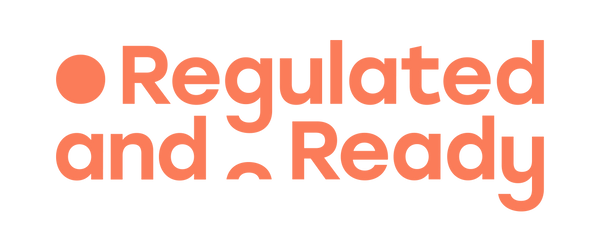You know those moments.
You didn’t stay calm.
You snapped.
You reacted in a way that didn’t align with the caregiver, educator, or therapist you want to be.
And then? The guilt avalanche.
“I should have known better.”
“I literally teach this stuff.”
“I talk to kids about regulation every day… why can’t I get it right myself?”
We’ve all been there. And some of us? We stay stuck there.
In the shame. In the spiral. In the story that says I should be better than this.
But what if I told you the missing piece isn’t more discipline…
It’s more compassion?
Self-Compassion Isn’t Fluffy. It’s Science.
This isn’t just about feeling better.
Self-compassion is a research-backed regulation strategy.
Dr. Kristin Neff, a pioneer in self-compassion research, defines self-compassion as treating oneself with kindness, recognizing our shared humanity, and being mindful when considering negative aspects of oneself. Her studies have shown that self-compassion is associated with greater emotional resilience, more accurate self-concepts, and less anxiety and depression.
In fact, self-compassion can be viewed as a useful emotional regulation strategy, where painful or distressing feelings are not avoided but are instead held in awareness with kindness, understanding, and a sense of shared humanity.
My Go-To 4-Step Reset Routine
When I feel myself spiralling, here’s what I come back to:
- Step outside (yes, literally change the air around me)
- Sip something warm (tea, coffee, hot chocolate – doesn’t matter)
- Shoes off, feet to the grass (regulation through grounding and mindfulness)
- Solo dance party (awkward moves encouraged)
That’s it. That’s self-compassion in action. Honestly it can look different for everyone, but my point is
It’s not about avoiding accountability, it’s just giving yourself a few minutes of timeout to rest. It’s about creating the conditions where you can actually process, repair, and realign with your values.
Because regulated adults co-regulate kids.
And regulated adults also… mess up, own it, and repair.
Why This Matters for You (Yes, YOU)
Whether you’re a parent, teacher, therapist, or support person, your nervous system is the one kids are looking to.
But you can’t co-regulate from a place of shame.
You can’t connect when you're stuck in guilt.
That’s where self-compassion comes in.
It gives you a pause. A soft place to land.
So, you can come back with presence, not pressure.
With intention, not reaction.
The Connection Journal Helps Here, Too
You might think The Connection Journal is just for kids.
But let me tell you: it’s a tool for you, too.
Inside you’ll find:
- Gentle checklists for both parents and kids
- Visual prompts that work even when words are hard
- Breathing tools that bring both nervous systems back online
- Activities that feel like relief, not another task
Because repair is always possible.
And connection is never one-sided.
Let this be your reminder:
You are allowed to be human and healing.
You are allowed to teach regulation and still be learning it.
You are allowed to stumble, reset, and show up again.
Self-compassion isn’t a luxury.
It’s a regulation tool.
And it’s one of the most powerful ones we’ve got.
Start your journey here!

